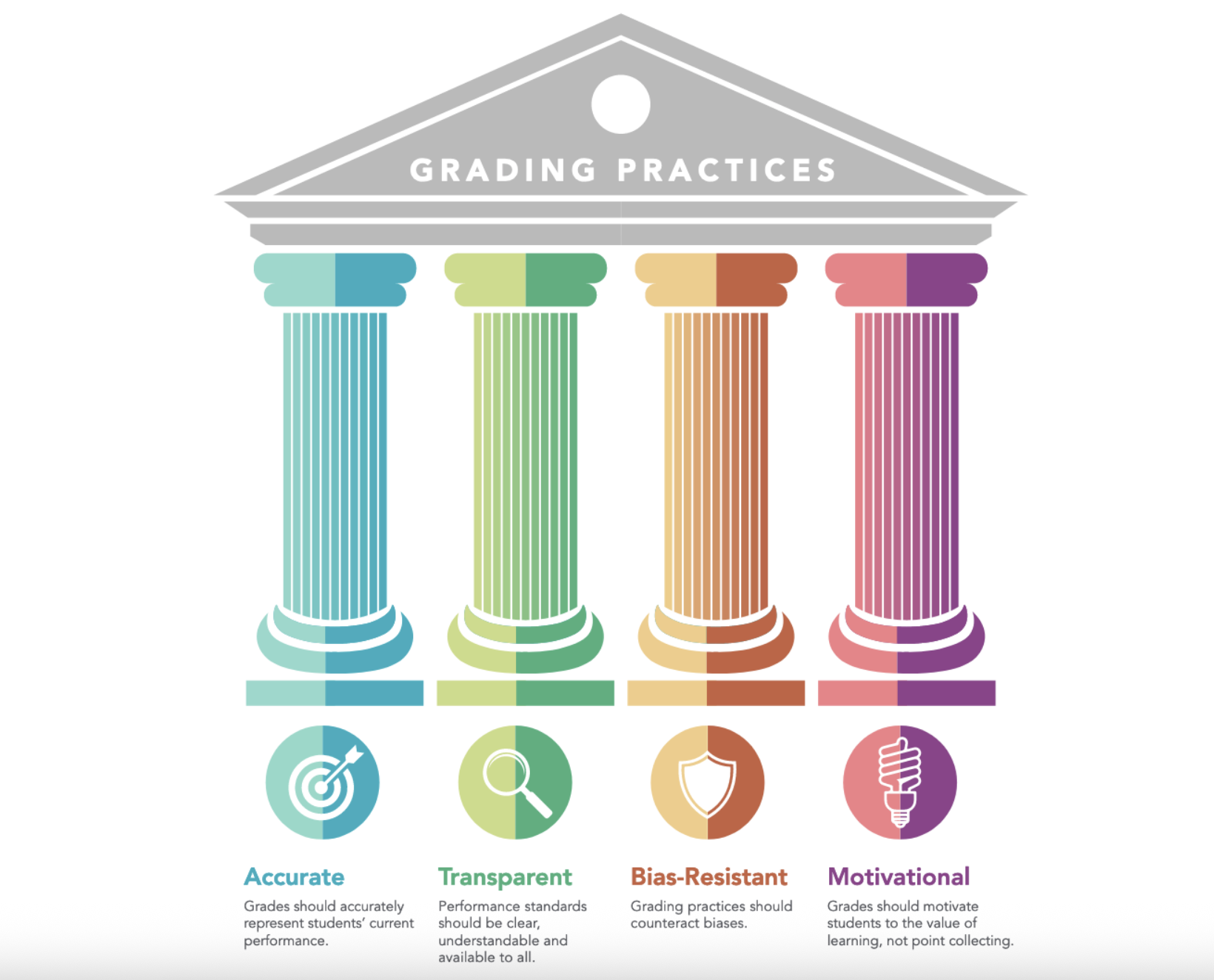To address what they see as the problem of social inequities between students, education bureaucrats have implemented “reforms” in grading practices aimed at promoting ”equity” in student outcomes.
In a new survey conducted by the Thomas Fordham Institute, an education-policy think tank, 52 percent of teachers said their school or district had adopted at least one of these so-called “equitable” grading policies.
The survey reveals a distinct lack of enthusiasm among teachers for these policies.
One of the worst, according to the survey results, is the “no zeroes policy,” which requires that teachers give students a grade of at least 50 percent for a missed assignment. Eighty-one percent of teachers said this policy is “harmful to academic engagement.“ Some comments were brutal — one being, “Most teachers can’t stand the gifty fifty.”
In a report on the survey, Fordham Institute President, Michael Petrilli says these reforms also include allowing students to retake tests and quizzes without penalty and giving no credit for homework or classroom participation.” The misguided rationale for this is that effort and diligence are not to be rewarded, only achievement.
“Turns out” says Fordham’s President Petrilli, “teachers don’t like it when the powers that be take a sledgehammer to their few sources of leverage over student motivation and effort.
The Wall Street Journal quoted one teacher who said, “Equity grading is not leveling the playing field. It is simply lowering standards so that school districts look like they are meeting kids where they are, when in fact these policies hide their failures. “
The Journal points out that these policies make it less likely that parents will know if their children are struggling.
Teachers who prefer to set high expectations often feel pressured to participate in what is really grade inflation, robbing students of actual learning. Instead, Mike Petrilli suggests, “to prepare them to succeed in the real world,” we owe them at least a few zeroes.”
 Listen Online
Listen Online Watch Online
Watch Online Find a Station in Your Area
Find a Station in Your Area












 Listen Now
Listen Now Watch Online
Watch Online
